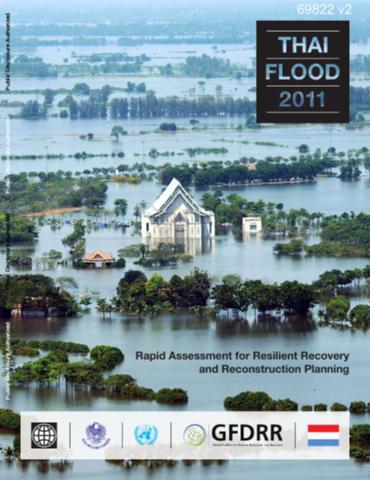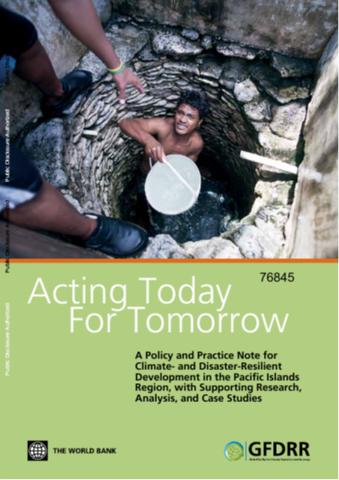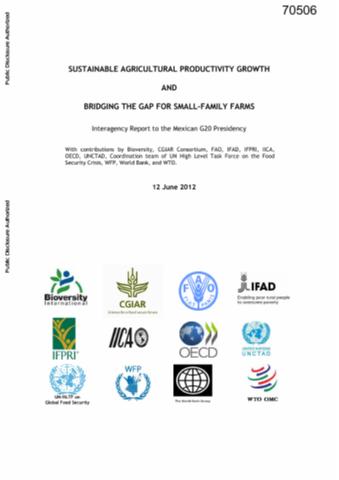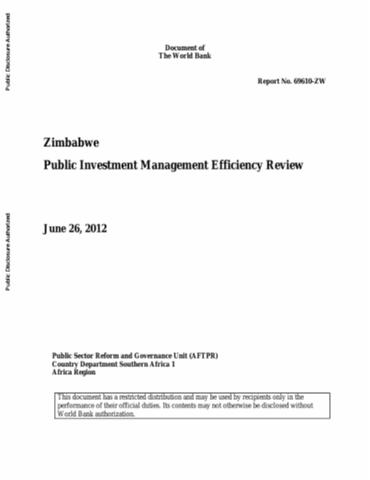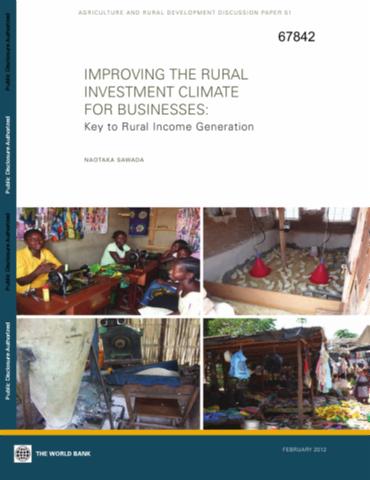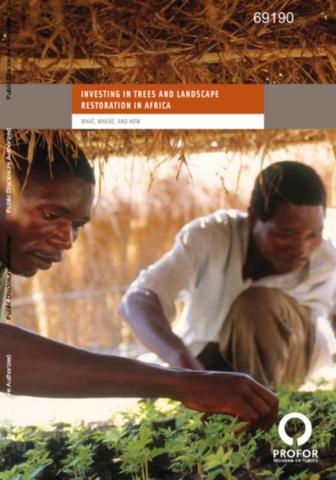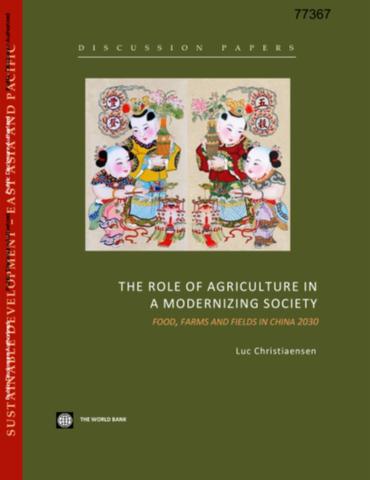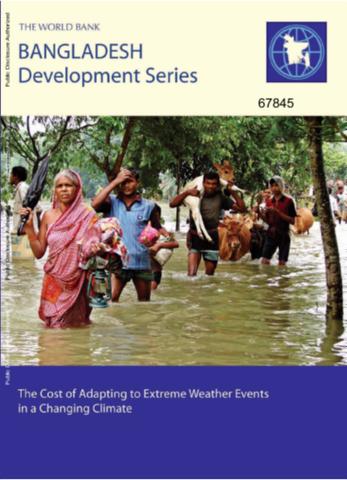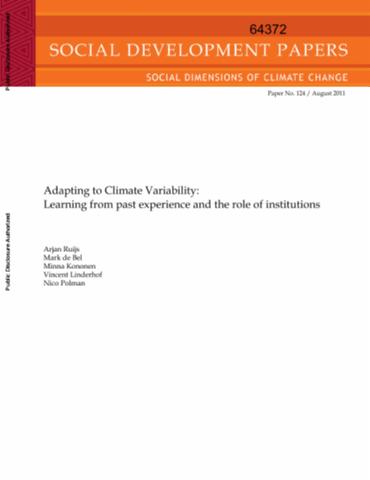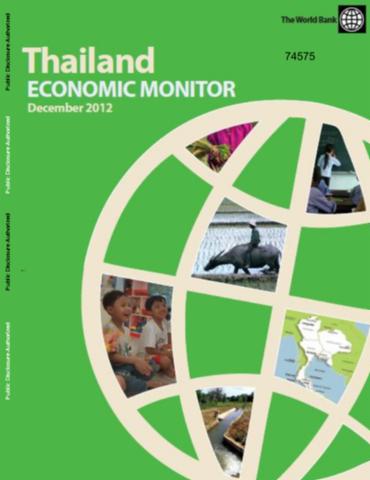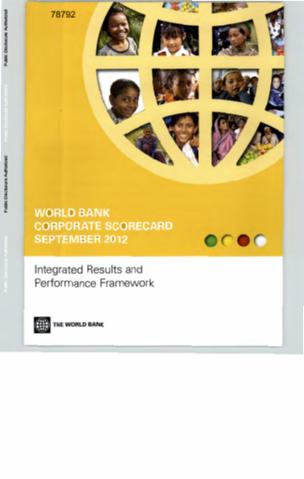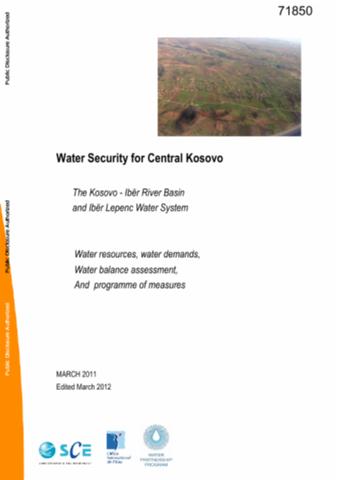Thai Flood 2011
This report outlines these findings, including damage and loss estimates and social and economic impacts, and proposes strategies for resilient recovery and reconstruction planning. Heavy rain combined with multiple tropical storms throughout the extended rainy season played a large part in the extensive flooding. Flash floods were reported in several areas in the north in May, and tropical depression Haima arrived in June followed by Nock-Ten in July, the combination of which caused widespread flooding.

